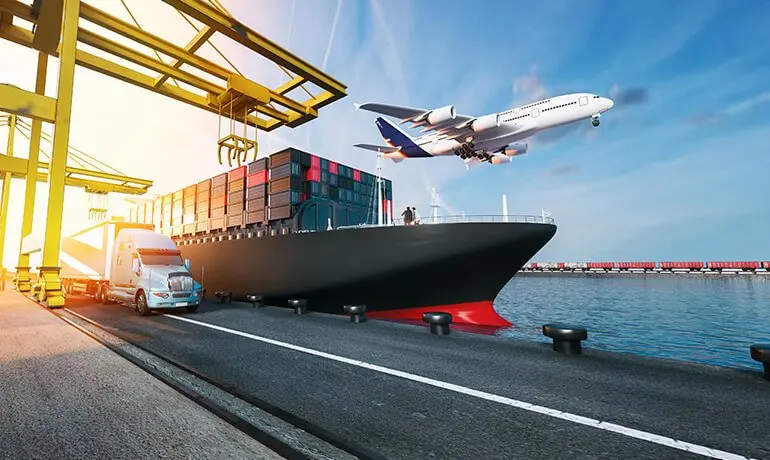The Difference Between Customs Duties, Taxes, and Tariffs
Customs charges, taxes, and tariffs are critical terms in international trade. Businesses and consumers often fail to differentiate their unique functions. A proper understanding of these terminologies promotes improved business partnerships and compliance with international trade regulations. This guide explains what each term means, how it works, and how it affects both businesses and consumers, making it easier to manage the complexity of international trade.
What are Customs Duties?
Customs duties, also referred to as indirect taxes, are fees levied on commodities imported into a country and collected by the government. These charges are calculated based on the value, size, weight, and other characteristics of goods. They ensure that items comply with the customs import and export regulations, and the duties vary by country of origin and commodity.
How do Taxes Affect International Trade?
In international trade, taxes are the mandatory charges governments levy on commodities and services. These taxes apply directly or indirectly to all purchases and can be imposed on individuals and goods. They play a key role in increasing local government revenue and the customs documentation process.
Understanding Tariffs and their Impact
Tariffs are specific types of customs duties applied to imported or exported goods. Tariff classification and valuation are calculated based on the type of product determined by the HTS codes. These tariff rates can increase the cost of imported products, leading to an increased consumption of domestic products.
How Customs Duties, Taxes, and Tariffs Impact Business and Consumers?
Tariffs, taxes, and customs duties are essential elements of international trade. For businesses, these charges affect the cost of importing goods, which will directly impact overall pricing, supply chains, and profits. Consulting customs clearance agents can help you understand how customs duties are calculated and other customs clearance services. This allows businesses to plan their costs and pricing strategies. For consumers, the high cost of imported goods can affect their budgets, affordability, and purchasing decisions.
Overcoming Challenges and Utilising Opportunities
Handling customs duties, taxes, and tariffs involves several difficulties. Customs clearance challenges include complying with shifting regulations, maintaining complex documentation, the risks of unlicensed agents in KSA, and guaranteeing import/export compliance. These risks can be reduced by using customs clearance automation software, which can provide advantages like increased efficiency and accuracy. Effective trade compliance and risk management are essential to streamline the customs process.
Customs duties, taxes, and tariffs serve distinct functions in international trade. Having a proper knowledge of these concepts can improve decision-making and help businesses and consumers navigate the complexities of international trade. These components are essential for maximising trade strategy, preventing costly errors, and ensuring effective operations.
How can Al-Etaad Al-Motakamel help you manage customs duties, taxes, and tariffs more effectively?
Al-Etaad Al-Motakamel simplifies customs duty, tax, and tariff management by maintaining compliance and eliminating risks. Our skilled team handles everything from correct tariff classification and duty calculation to customs clearance, saving you time and avoiding costly delays.







